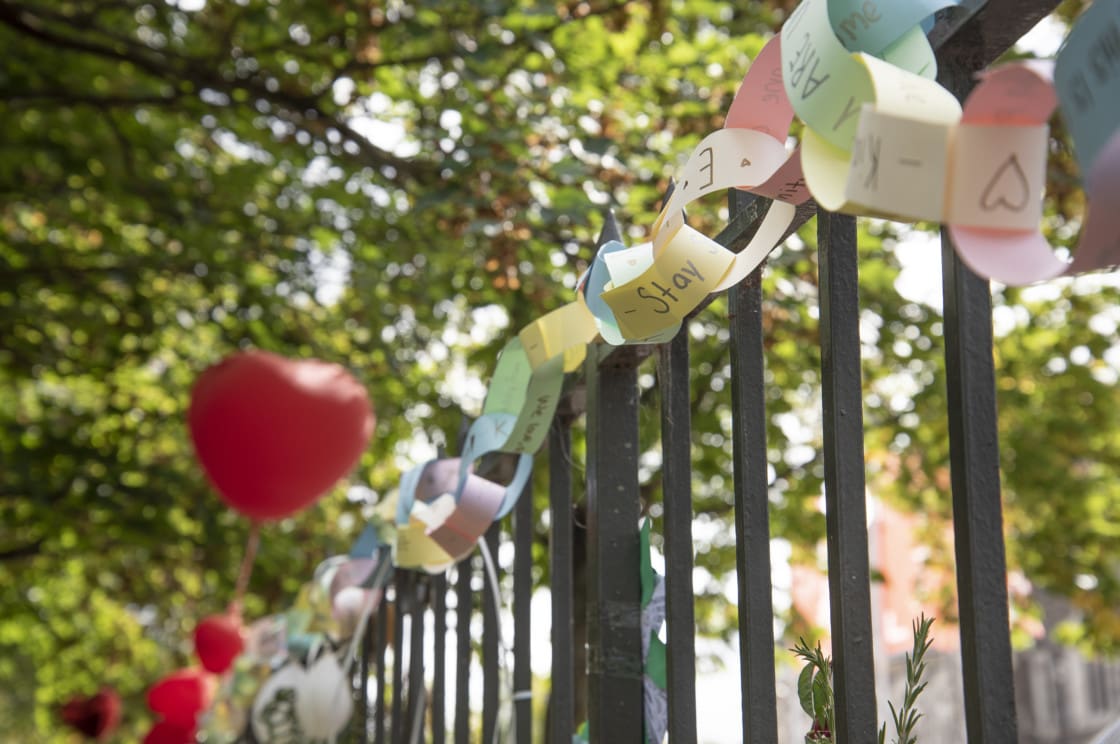Monday 24 August 2020Media release2 minutes to read
THIS IS AN ARCHIVED PAGE. The advice and information contained in this page may not be current and it should only be used for historical reference purposes.

CDHB is reminding people there is support available with the sentencing for the mosque attacks beginning this week
With the sentencing for the 15 March 2019 mosque attacks beginning today, people may experience various emotions. This is completely natural and Canterbury DHB is reminding people there are a range of supports they can access.
Canterbury DHB psychiatrist, Dr Caroline Bell says there is likely to be some distress experienced by some in the community when the sentencing opens in Christchurch this week.
“It’s important we’re aware it is natural that any media coverage of the sentencing may reawaken memories of that terrible day,” Dr Bell says.
Everyone should remember that if they want to talk to someone, they can phone or text 1737 to be connected with a counsellor at any time of the day or night. This is a free and confidential service.
People can also seek the support they need through their General Practice team.
“We encourage people to be mindful of how the coverage might impact on people, especially children, and be prepared to limit their media consumption if it begins to feel overwhelming.
“There are simple ways people can care for themselves and others, such as chatting with a friend or going for a walk. Reaching out to others with aroha and kindness can really help.” says Dr Bell.
Other simple things people can do include:
- Limiting exposure to social media
- Reflecting on what you feel grateful for
- Doing what makes you feel good to help refuel your body and brain.
ENDS
Tags 15 MarchCommunitymosque
Back to Health News

